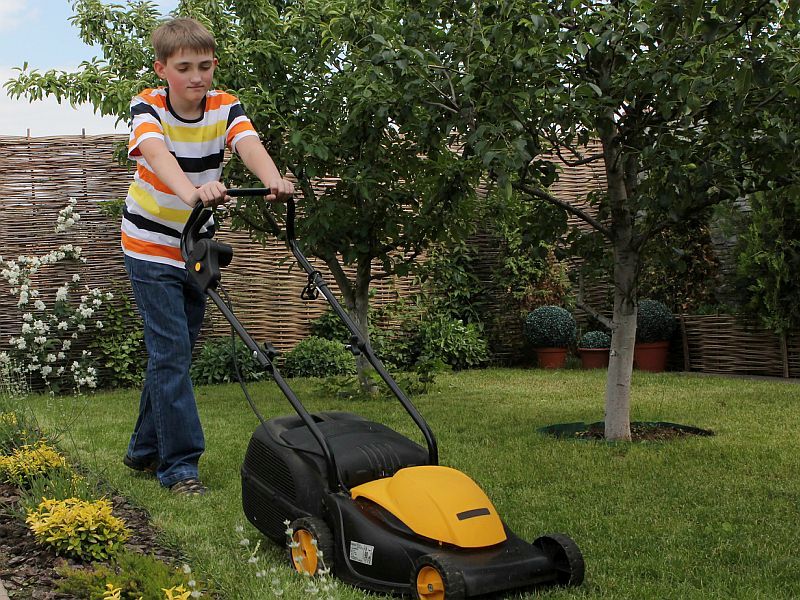How Kids Benefit From Doing Chores
By Len CanterHealthDay Reporter

THURSDAY, May 30, 2019 (HealthDay News) -- Chores. Whether you're an adult or a child, the very word makes any job sound less than fun.
But these everyday tasks make households run, and engaging kids in age-appropriate chores from an early age teaches them invaluable life skills, instills in them a sense of responsibility and boosts self-esteem through accomplishment, according to the experts at the non-profit Understood.org.
What's age-appropriate? The youngest children can learn one-step jobs like putting toys back in a toy box or returning books to a shelf. They can progress to making their bed, helping put away groceries, setting the table and raking leaves. Of course, Mom and Dad will need to show them how things are done. Writing out a list of steps or making drawings of how to complete a task will help kids with learning difficulties.
To establish each child's chores and prevent their execution from becoming haphazard, create a calendar that lists every family member's name, their tasks and scheduled days and times. Try to make the chores consistent from week to week, and be sure they don't conflict with other important activities on set days.
For the greatest success, monitor your children's progress and be there to offer suggestions if they stumble so that they're able to complete the job rather than abandon it or have you take it over out of frustration. Acknowledge every job well done with a note or sticker on the calendar.
You might even follow up a chore with a truly fun activity. Once kids reach the age when you find it appropriate to give an allowance, consider offering a monetary reward for more labor-intensive chores.
More information
Understood.org has more on why chores are good for children.

The news stories provided in Health News and our Health-E News Newsletter are a service of the nationally syndicated HealthDay® news and information company. Stories refer to national trends and breaking health news, and are not necessarily indicative of or always supported by our facility and providers. This information is provided for informational and educational purposes only, and is not intended to be a substitute for medical advice, diagnosis, or treatment.

